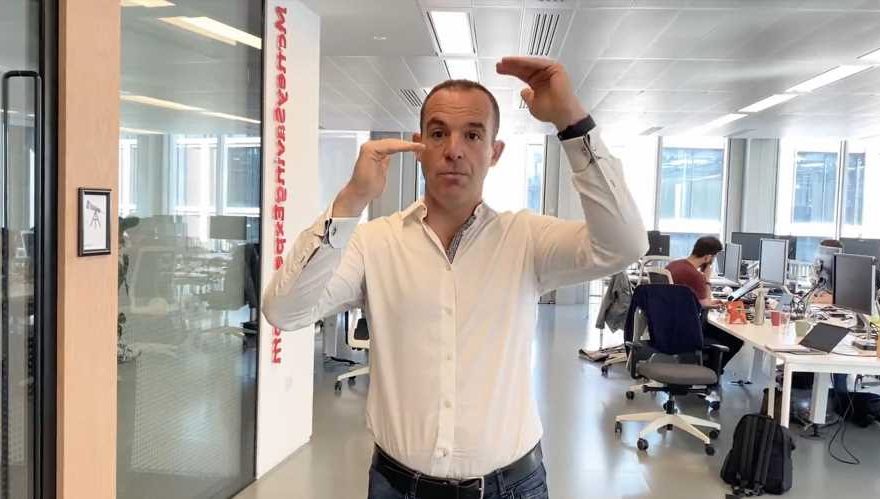MARTIN Lewis has revealed the exact salary you need to benefit from today's Spring Statement announcements.
Chancellor Rishi Sunak today revealed a host of measures designed to ease the cost of living crisis.

One of them is an increase to the threshold at which you start paying National Insurance.
Mr Sunak also announced in his Spring Statement:
- Fuel duty cut by 5p per litre – saving families £3.30 every time they fill up their tank – from 6pm TONIGHT
- National Insurance threshold to rise from £9,500 to £12,500 – worth over £330 a year – from JULY
- Income tax rates will be cut from 20p to 19p in 2024
- VAT slashed to 0% for insulation, heat pumps and solar panels in Brexit boost – comes in from April 2022 for five years
- Extra £500million for hard-up Brits through the Household Support Fund – from April
The National Insurance threshold increase will go up from £9,568 to £12,570 from July.
It means millions of Brits will pay less of the tax, or be taken out of paying it altogether.
Read more on the Spring Statement

Five hidden things you need to know from Rishi Sunak’s Spring Statement

All the Spring Statement winners and losers revealed
But the increase to the level at which you start paying National Insurance Contributions (NICs) will follow on from another change.
From April – just days away – National Insurance rates will rise by 1.25 percentage points.
Mr Sunak today confirmed that the introduction of the social care levy will go ahead – despite the cost of living crisis piling pressure on households.
Exactly how much more NIC's you'll pay under this change, and how much less in July, will depend on how much you earn.
Most read in Money

HOLY SMOKE
Price of pack of cigarettes NOT going up again after Spring Statement

Millions of workers to get £1,000 a year boost to wages from next month

Rishi Sunak reveals National Insurance cut worth £330 a year to low-paid workers

Brits to get extra vouchers and cash as Household Support Fund doubled
 2
2It's left some people wondering whether they will be better off overall or not, once both changes have come in.
Martin has shared a video explaining just this – and the magic number is £35,000 as a "break even" point
He said:"If you're under that [amount], this is a gain, if you're over that [amount], then the two measures are a loss for you."
Martin said: "Effectively the way it works on earnings is from over around £9,600, all the way up to around £35,000, you will either not pay any more, or lower down [the pay scale], will pay less National Insurance than currently.
"If you earn £35,000 or more then the 1.25 percentage point increase outweighs the change in the starting threshold, so you will pay more National Insurance."
Figures from financial firm Tilney for The Sun show how much better off you might be – depending on your salary.
For instance someone earning £15,000 a year is paying £652 a year NICs.
From July they will be paying £332 – a saving of £330 a year.
For those earning £20,000 the saving is £267 a year, and £30,000 it's £142 a year.
Meanwhile anyone on a £50,000 salary will pay £108 more a year in NICs.
The self-employed will also get a tax cut from changes to National Insurance.
Those on lower incomes working from themselves could get a tax break of up to £165 a year.
The Lower Profits Limit which is the threshold at which you start paying self-employed NICs will rise from £9,880 to £12,570 from July.
Read More on The Sun

21C scorcher makes it hotter than Barcelona – but SNOW could fall in days

Carl Woods ‘tried to force way into house after rowing with Katie Price’
Below this amount and you won't have to pay Class 2 National Insurance Contributions.
The Class 2 contributions is a tax of £3.05 a week, and it's usually payable bythe self-employed with an income of more than the Small Profits Threshold of £6,515.
We pay for your stories!
Do you have a story for The Sun Online Money team?
Email us at [email protected]
Source: Read Full Article
